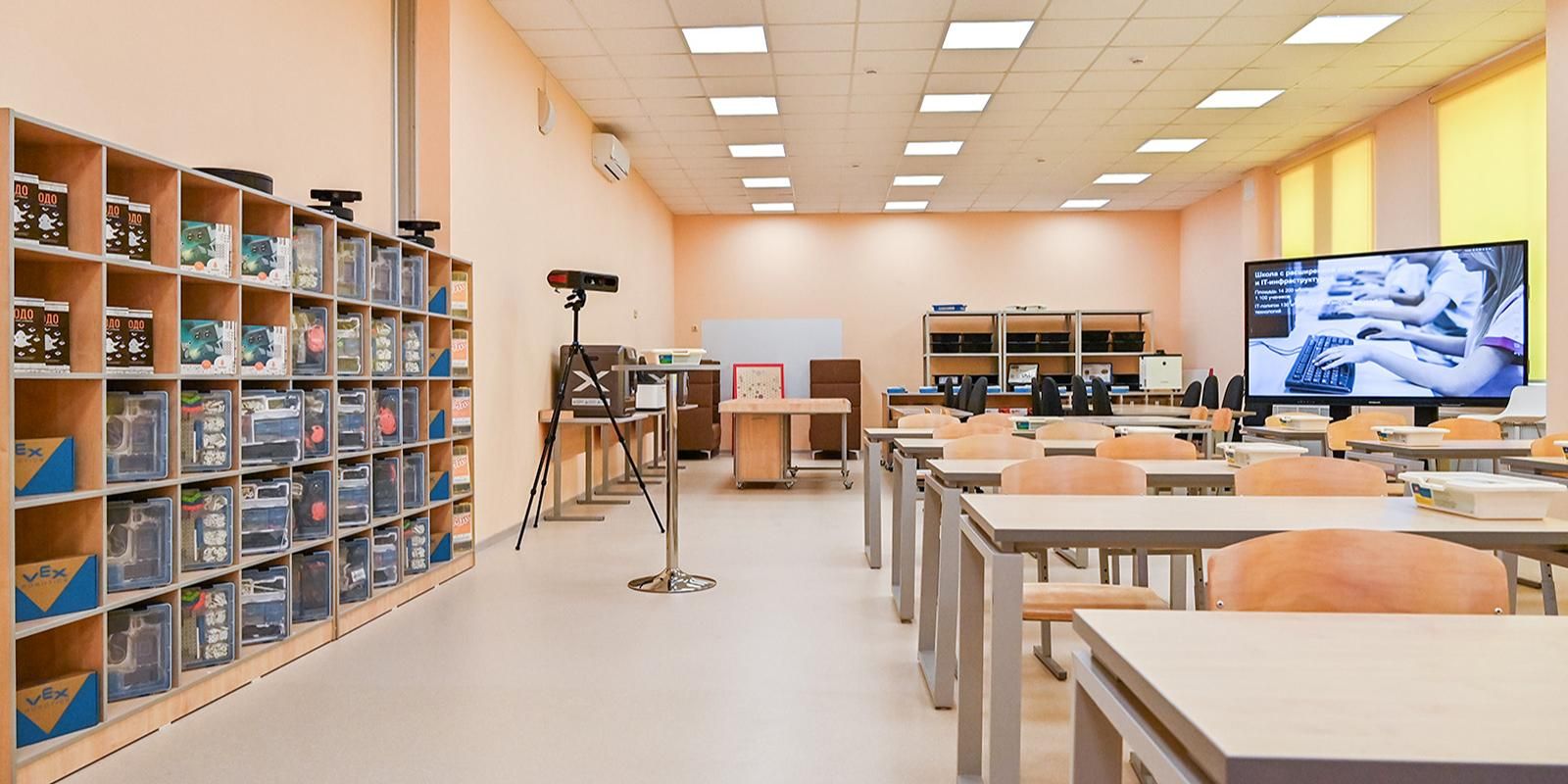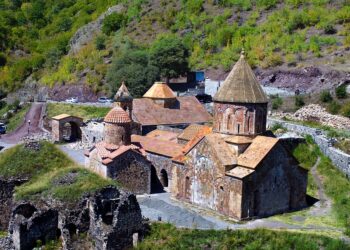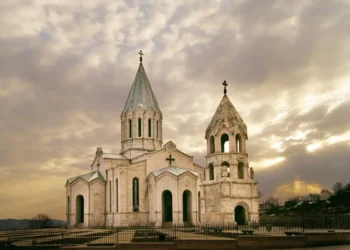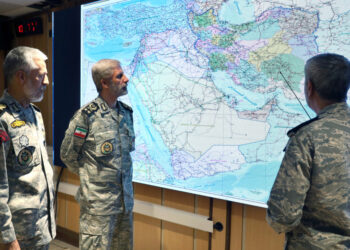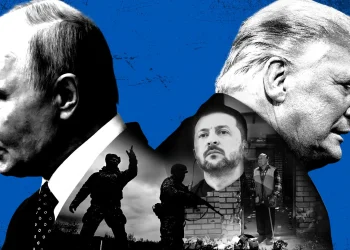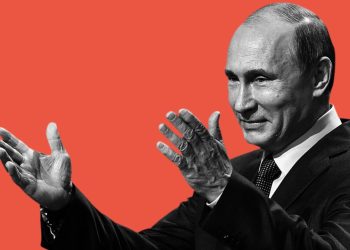MOSCOW (Realist English). The shortage of schoolteachers across the country appears to be worsening. Given that the authorities are currently placing special emphasis on education and upbringing, the issue is inevitably turning into a political one. Just recently, the Presidential Plenipotentiary Representative to the North Caucasus Federal District, Yury Chaika, spoke about an “acute” shortage of teachers in the region. According to Chaika, excluding cases of dual employment, the real shortage of teaching staff in Dagestan exceeds 1,500 people. In the Stavropol Territory, teachers are working an average of 1.8 full-time equivalents, and there are more than 200 vacancies in local schools. In Karachay-Cherkessia, the situation is even more severe, with 323 vacancies, while Kabardino-Balkaria reports 246 openings.
Chaika emphasized that one of the main reasons for the shortage is the low level of teachers’ salaries. He also noted that when calculating the average salary of teaching staff, the figures sometimes include management salaries or fail to account for various bonuses. The growing urgency around the shortage of teachers is hardly coincidental. Today, issues of educating and raising the younger generation are framed within the context of the state’s national agenda. However, it is difficult to imagine a teacher tasked with instilling patriotism working for meager wages, often on one and a half to two workloads.
The core of the problem is that declarations often do not translate into action. It would not be an exaggeration to say that the shortage of qualified teachers in Russia has reached a critical level — a conclusion supported by numerous studies and high-level statements. Monitoring conducted by the Ministry of Education and Science of the Republic of Tatarstan, as well as data presented by State Duma Chairman Vyacheslav Volodin, paint a deeply alarming picture: the shortage of mathematics teachers (33%) and physics teachers (37%) is routinely concealed by the issuance of fictitious retraining diplomas.
According to Vsevolod Lukhovitsky, co-chairman of the Interregional Trade Union of Education Workers “Teacher,” many educators are leaving schools altogether. Those who graduate from pedagogical institutes often leave the profession after just one or two years of work. Depending on different estimates, the shortage of teachers nationwide currently ranges from 50,000 to 250,000. This crisis affects not only small settlements but also major cities, including Moscow.
In my view, the problem of the teacher shortage should not be oversimplified. It is not solely about low salaries — although it must be acknowledged that the base salary of teachers is extremely low. I believe the key issue lies in the working conditions. Teachers are constantly subjected to new and growing demands. In addition, as education experts frequently point out, curricula are often changed arbitrarily. Teachers are also increasingly burdened with mandatory inspections and compliance requirements.
Therefore, I believe that the state must not only overhaul the salary structure for schoolteachers but also fundamentally change the status of the teaching profession. As long as the current dynamic persists — where people enter pedagogical universities and subsequently schools out of a sense of hopelessness — it is impossible to expect any radical improvements in the education sector.
Ilya Grashchenkov — President of the Center for Regional Policy Development


